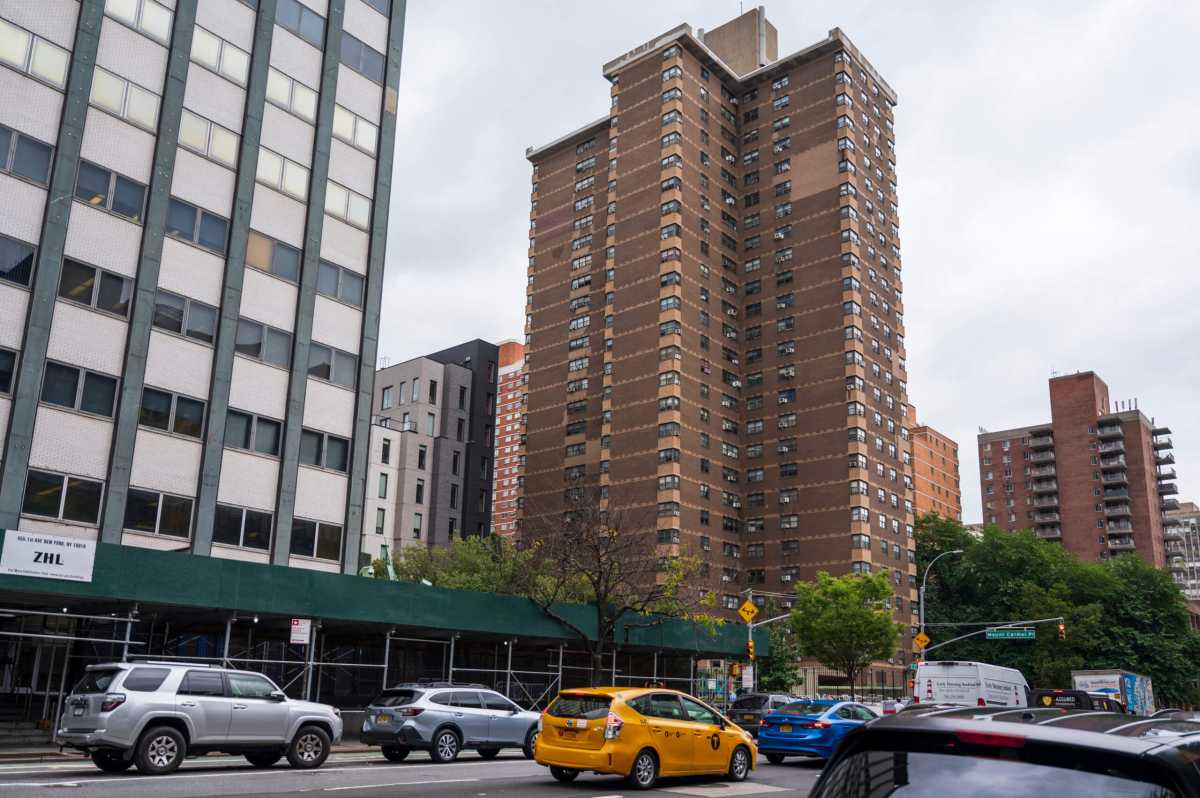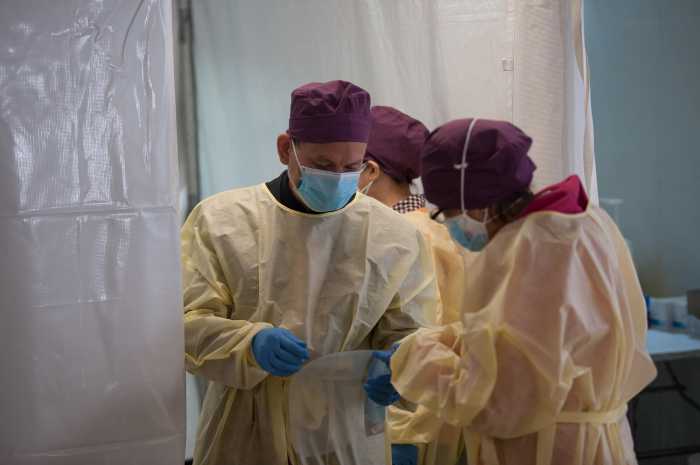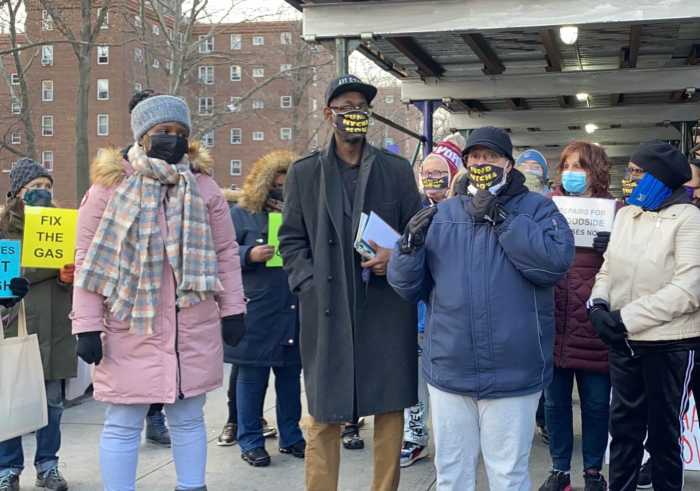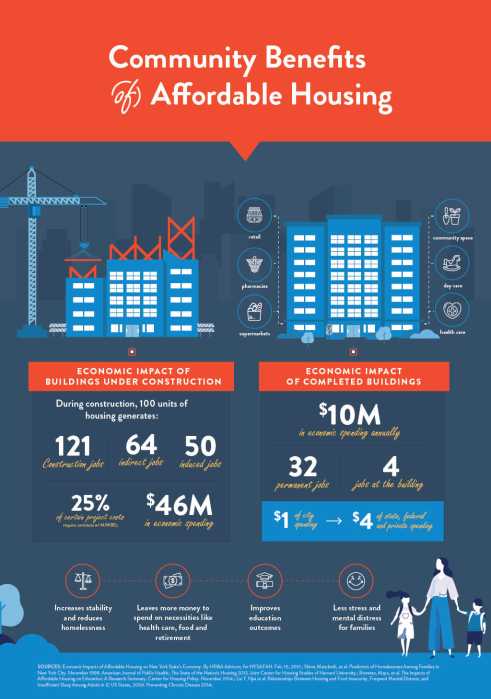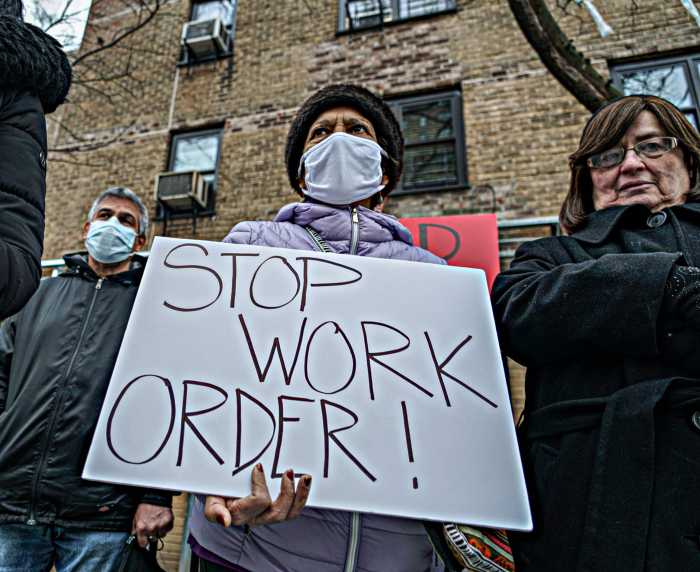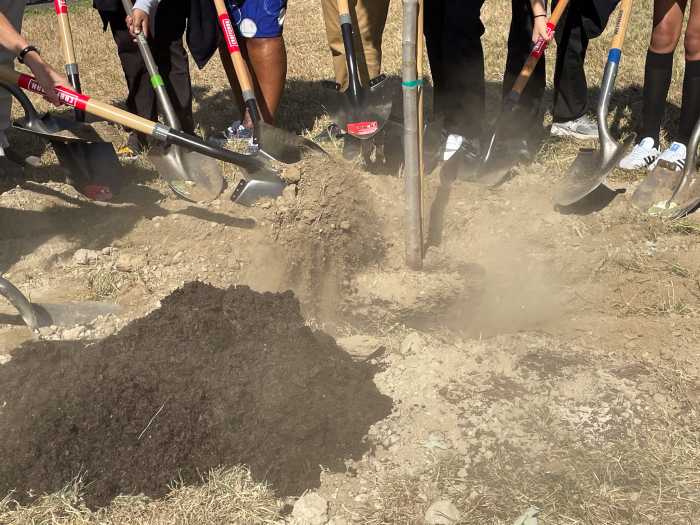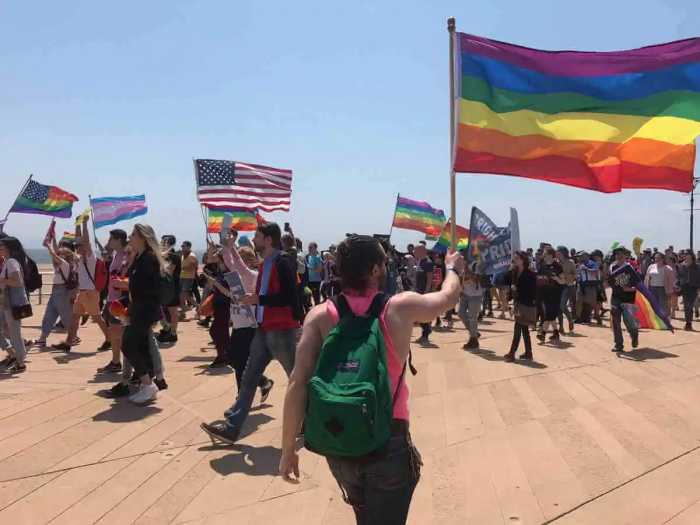Residents of New York City Housing Authority (NYCHA) buildings rallied today outside of City Hall to protest the RAD-PACT (Rental Assistance Demonstration – Permanent Affordability Commitment Together) path that residents and advocates believe will only exacerbate the issues of disrepair or inequity they are already experiencing.
Over 600,000 New Yorkers reside in NYCHA public housing buildings, with NYCHA being the largest public housing system in North America.
RAD-PACT is a program that brings in private companies to manage and maintain NYCHA buildings. Advocates and residents said on May 23 they believe RAD-PACT will negatively impact public housing and will make it harder for residents to be in the know when it comes to their housing rights and public housing availability.
“Many of our questions have yet to be answered,” said Councilmember and Public Housing Chair Alexa Avilés during the press conference. “We have been asking questions and [for] services for decades. And what we are getting is wholly, wholly inadequate. There are several bills moving in Albany right now, among them the NYCHA Utility Accountability Act – requiring NYCHA to maintain open databases of code violations. There are some significant gaps that I am deeply concerned about. This notion that residents will be engaged is a fallacy in the legislation. I ask NYCHA and my colleagues; if you cared about resident engagement, you would have asked that question, you would have funded the pursuit of that question with rigor prior to putting legislation on the table.”
Over $1.8 billion in repair work has been completed across the city through the Permanent Affordability Commitment Act (PACT), which may put residents at a disproportionate risk of eviction.
A year after the Ocean Bay development in Bayside, Queens was converted in 2016, the eviction rate was 1.4%, compared to the citywide NYCHA housing eviction rate of 0.3%.
This higher eviction rate would devastate the already higher-risk residents who are low-income and put them at an increased risk of homelessness. The median household income for NYCHA residents is $18,473 — just 30% of the median income for residents citywide, which stands at $61,297.
Further issues on the transparency of NYCHA were called into question during the press conference.
“NYCHA says that they have a $40 billion deficit,” said one resident who spoke during the press conference. “And we don’t know how true that is, because what we do know is that NYCHA’s problem isn’t solely financial. It’s mismanagement, they have squandered $40 billion over the years, and now they say that we need to do this plan. They say we need to bring the private market in because we are not getting the money from the federal government. And yet, our mayor turns around and throws another $1.2 billion at the private market.”
Other residents and community leaders doubled down on the need to keep NYCHA public and out of the private sector, especially during the midst of an economic crisis.
“New York City and NYCHA have let the conditions of our homes – homes to over 600,000 New Yorkers – decay, rot and poison our people,” said NYCHA resident and housing activist, Brenda Temple. “Someone is hurting our people! We are here today to tell our elected officials to stop the [privatization] at the Trust Act. NYCHA and the city of New York have been turning management of public housing over to private developers who will make money on our backs. Privatization of public housing ends public housing and NYCHA won’t provide the oversight we residents need from the developers.”
However, following the remarks made by residents, advocates and elected officials, City Hall representatives stated that rampant misinformation about the RAD-PACT was leading residents to be concerned about the “privatization” of NYCHA that was never on the agenda.
“The Trust bill would create an entirely public entity (with members appointed by NYCHA residents and city government) to effectively lease developments from NYCHA itself, unlocking billions of dollars for much-needed repairs,” said one City Hall representative to amNew York. “The claim about resident engagement is blatantly false – it is written into the Trust legislation that residents would have to vote to opt into the Trust, and if they do not vote to opt in, their development would not enter the program. This would be an explicit legal requirement.”
Furthermore, the representative noted that nothing about RAD-PACT or the Trust would take NYCHA out of the public domain, saying “this is rhetoric that does not reflect the reality of either of these programs.”
New York City Mayor Eric Adams spoke during a NYCHA RAD-PACT event on May 20 about the efforts to make NYCHA safer and more equitable for residents.
“We have to be creative in finding the solution to deal with NYCHA. The bugles you are hearing it is not the cavalry coming from Washington,” said Mayor Adams on May 20. “It’s tapes being played that’s saying, ‘NYCHA is dying.’ We walked through these apartments, we spoke to residents, we discussed this. It’s time to make it happen now – that’s what this moment is about. And so, the bus (in reference to the speakers before Adams who expressed skepticism certain RAD-PACT initiatives) about shouldn’t be anti-RAD. The bus should be bringing people here and say, ‘See the possibility. See the possibility.’”
Last updated 5/25/2022 11:44 am



